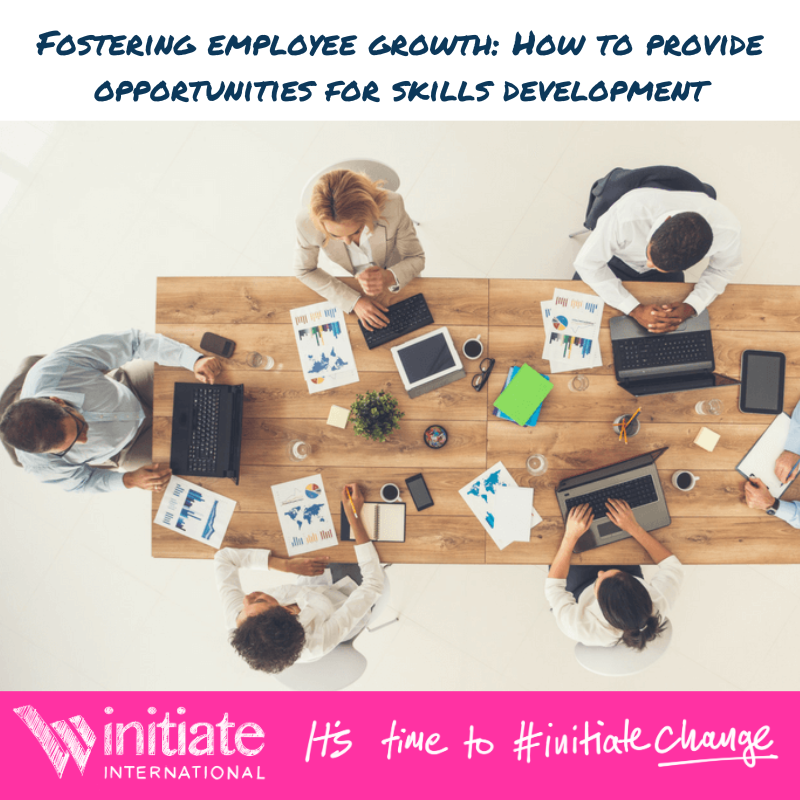In today’s fast-paced business landscape, the success of any organisation is heavily reliant on the growth and development of its employees. Providing opportunities for skills development not only benefits individual employees but also contributes to the overall growth and success of the company. By fostering an environment where learning is encouraged and supported, organisations can unlock their employees’ potential and stay ahead in an ever-evolving market. Let’s explore strategies and approaches to effectively provide opportunities for skills development within your company.
Recognise the importance of skills development
Before diving into the strategies, it’s crucial to recognise why skills development matters. In a rapidly changing world, skills that were relevant yesterday might not hold the same value tomorrow. By offering opportunities for employees to learn and upskill, you empower them to stay adaptable and competitive in their roles.
Assess individual goals and company needs
To tailor skill development opportunities effectively, start by understanding the aspirations and goals of your employees. Conduct regular discussions to identify their areas of interest and the skills they want to enhance. Simultaneously, align these aspirations with the organisation’s needs and future growth trajectory. This ensures that the skills development efforts contribute to both personal and company-wide success.
Offer a variety of learning paths
People learn differently, and not everyone thrives in the same learning environment. Provide a range of learning paths, including online courses, workshops, seminars, mentorship programs, and hands-on projects. This approach accommodates various learning styles and preferences, making skills development more engaging and effective.
Create a culture of continuous learning
Promote a culture where learning is seen as an ongoing journey rather than a one-time event. Encourage employees to allocate time for learning during work hours and recognise their efforts. Managers and leaders should lead by example, showcasing their commitment to continuous learning.
Provide financial support
Investing in employee development is investing in the company’s future. Allocate a budget specifically for skills development initiatives, such as courses, certifications, and workshops. When employees see that the organisation is willing to invest in their growth, they feel valued and motivated to excel.
Encourage cross-functional collaboration
Cross-functional collaboration exposes employees to different perspectives and skillsets. Encourage team members to work on projects outside their usual scope. This not only expands their skill repertoire but also enhances teamwork and problem-solving abilities.
Establish mentorship and coaching programs
Mentorship and coaching programs create a space for experienced employees to share their knowledge and guidance with those who are eager to learn. Mentors can provide valuable insights, share practical experiences, and offer advice on navigating challenges.
Regularly review and provide feedback
Periodically review the progress of employees’ skill development journeys. Provide constructive feedback and acknowledge their growth. This review process helps employees understand their strengths, identify areas for improvement, and make necessary adjustments to their skills development plans.
Fostering employee growth through skills development is a win-win for both employees and organisations. When employees feel supported in their learning journey, they become more engaged, motivated, and productive. At the same time, organisations benefit from a skilled workforce that can adapt to industry changes, innovate, and drive the company’s success. By implementing the strategies mentioned above, you can create a culture that prioritises continuous learning and propels your organisation towards a brighter future.
If you’re looking for an exciting new career opportunity, make sure you click through to our job section.






